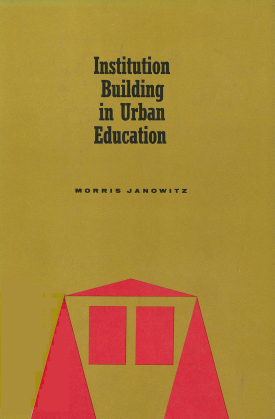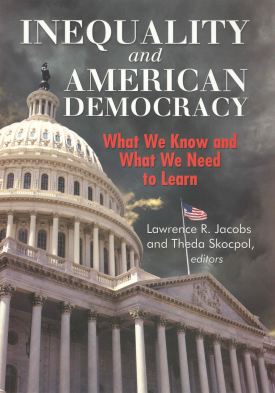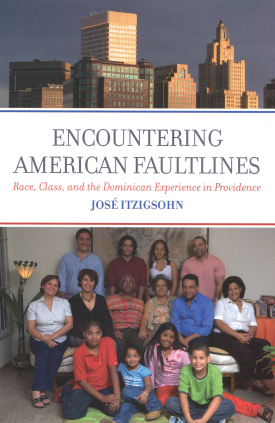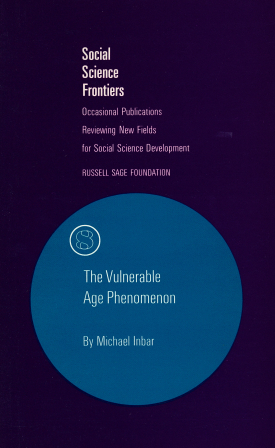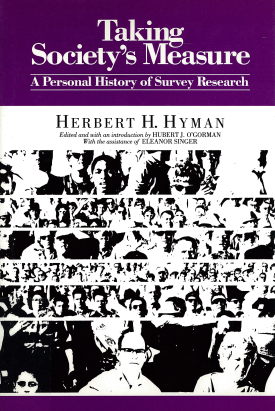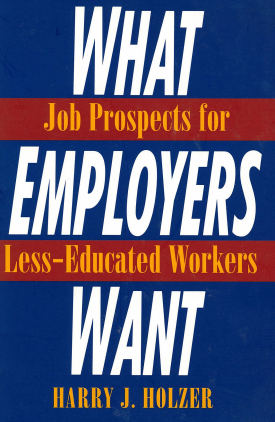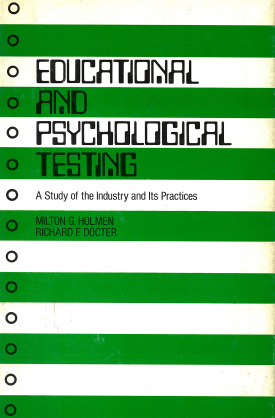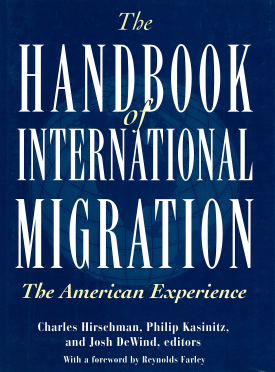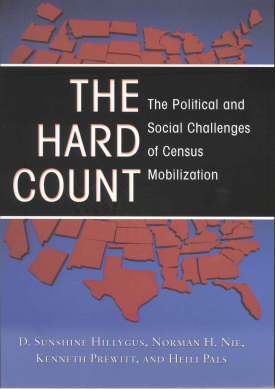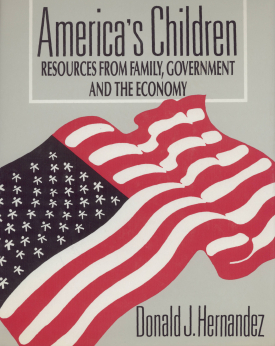Winner of the 2000 Thomas and Znaniecki Award from the International Migration Section of the American Sociological Association
The historic rise in international migration over the past thirty years has brought a tide of new immigrants to the United States from Asia, South America, and other parts of the globe. Their arrival has reverberated throughout American society, prompting an outpouring of scholarship on the causes and consequences of the new migrations. The Handbook of International Migration gathers the best of this scholarship in one volume to present a comprehensive overview of the state of immigration research in this country, bringing coherence and fresh insight to this fast growing field.
The contributors to The Handbook of International Migration—a virtual who's who of immigration scholars—draw upon the best social science theory and demographic research to examine the effects and implications of immigration in the United States. The dramatic shift in the national background of today's immigrants away from primarily European roots has led many researchers to rethink traditional theories of assimilation,and has called into question the usefulness of making historical comparisons between today's immigrants and those of previous generations.
Part I of the Handbook examines current theories of international migration, including the forces that motivate people to migrate, often at great financial and personal cost. Part II focuses on how immigrants are changed after their arrival, addressing such issues as adaptation, assimilation, pluralism, and socioeconomic mobility. Finally, Part III looks at the social, economic, and political effects of the surge of new immigrants on American society. Here the Handbook explores how the complex politics of immigration have become intertwined with economic perceptions and realities, racial and ethnic divisions,and international relations.
A landmark compendium of richly nuanced investigations, The Handbook of International Migration will be the major reference work on recent immigration to this country and will enhance the development of a truly interdisciplinary field of international migration studies.
CHARLES HIRSCHMAN is professor of sociology at the University of Washington.
PHILIP KASINITZ is professor of sociology at Hunter College and the Graduate Center of the City University of New York.
JOSH DEWIND is program director of the Social Science Research Council and professor of anthropology at Hunter College of the City University of New York.
CONTRIBUTORS: Charles Hirschman, Philip Kasinitz, Josh DeWind, Richard Alba, Susan B. Carter, Thomas J. Espenshade, Reynolds Farley, Walter C. Farrell Jr., Nancy Foner, Rachel M. Friedberg, Herbert J. Gans, Gary Gerstle, Nina Glick Schiller, Chandra Guinn, John Higham, Gregory A. Huber, Jennifer Hunt, James H. Johnson Jr., David E. López, Douglas S. Massey, John Hull Mollenkopf, Victor Nee, Joel Perlmann, Patricia R. Pessar, David Plotke, Alejandro Portes, Rebeca Raijman, Nestor Rodriguez, Rubén G. Rumbaut, George J. Sánchez, Richard Sutch, Marta Tienda, Roger Waldinger, Min Zhou, and Aristide R. Zolberg.
